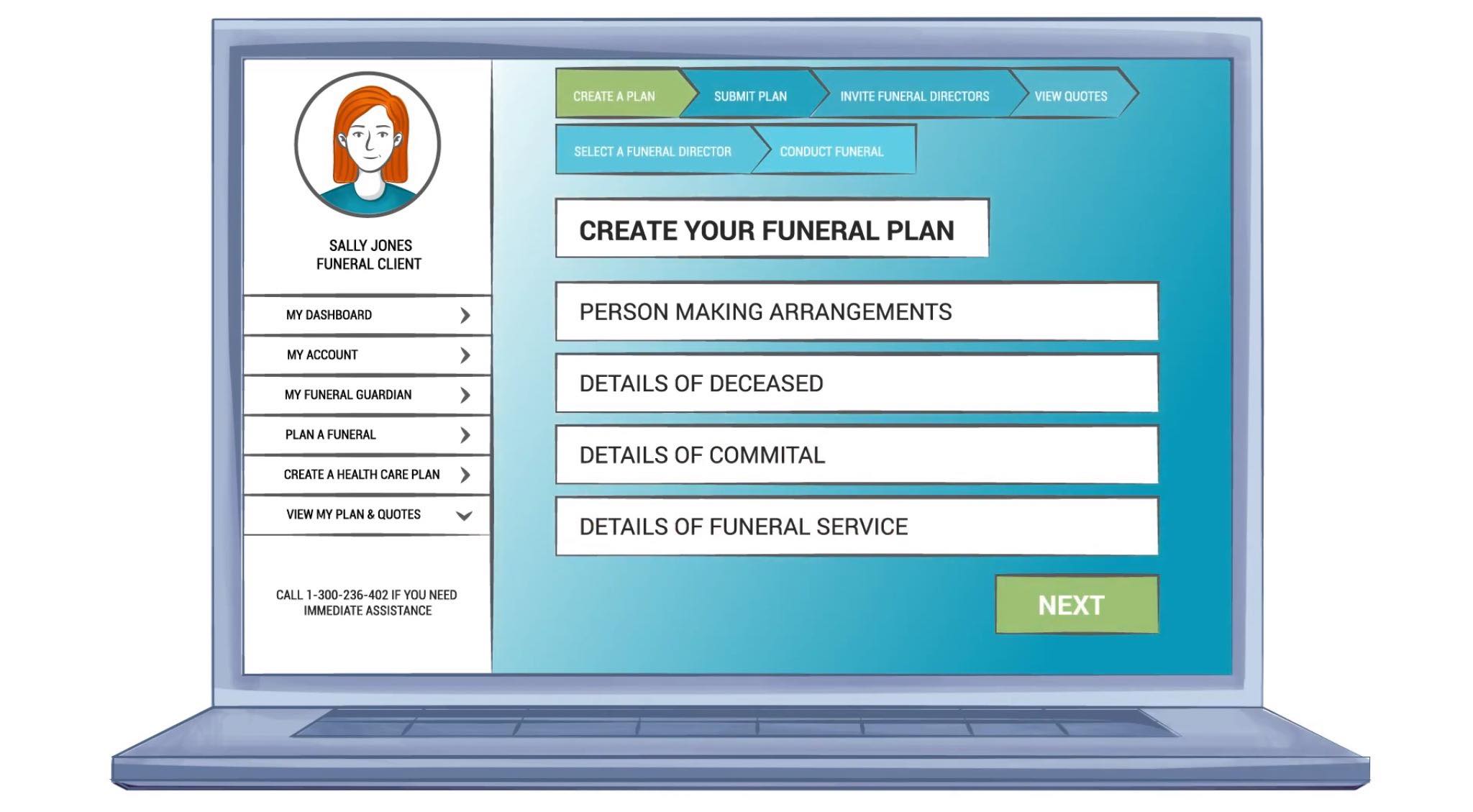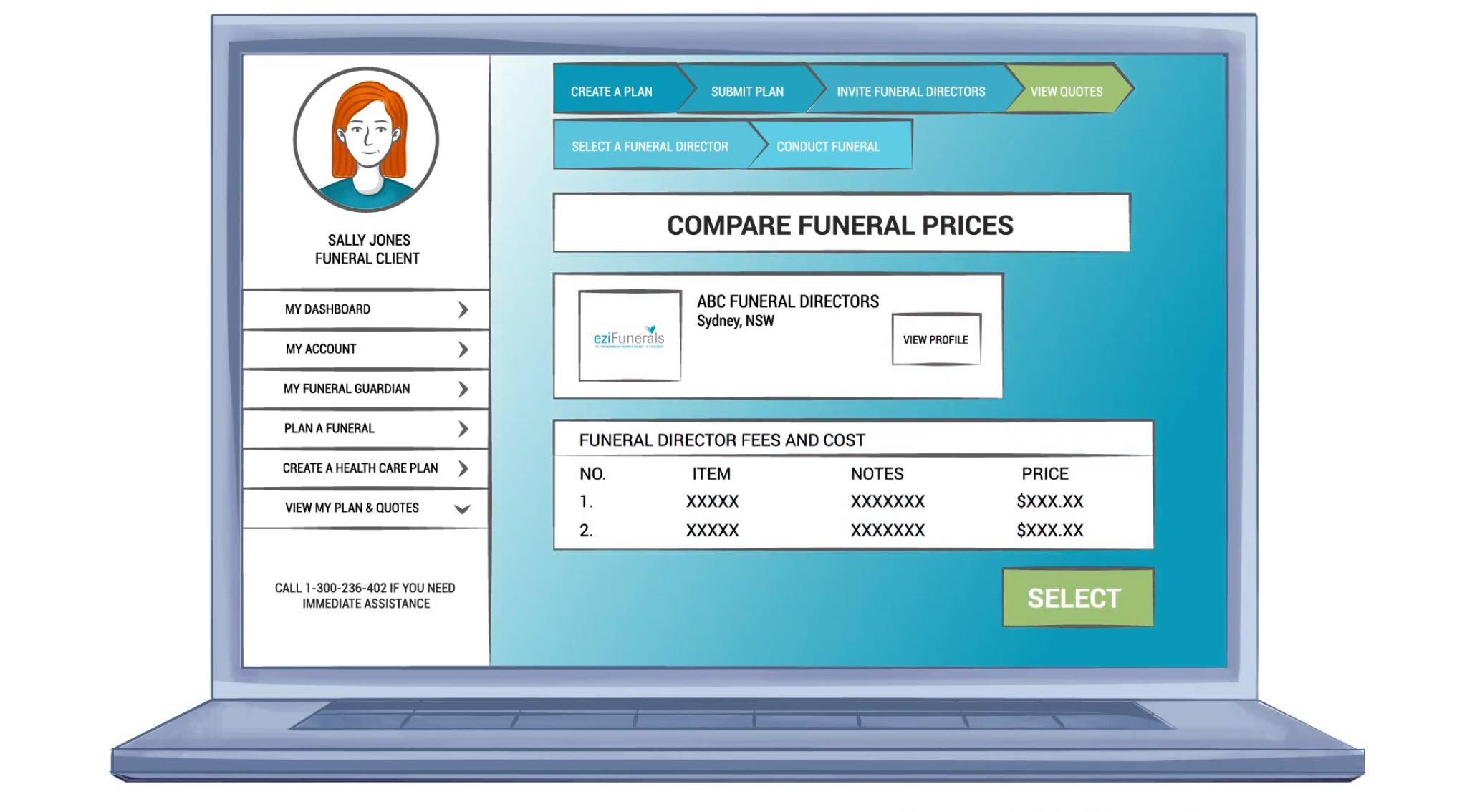A celebrant is someone who leads ceremonies such as weddings, christenings and funerals. They will stand at the front of the funeral service, address the congregation, and sometimes lead them in prayer or give a eulogy.
Types of celebrant
When choosing a celebrant for your loved one’s funeral, you may want to consider your loved one’s religious beliefs, as celebrants may or may not belong to a particular religion or belief system.
Generally, celebrants may be one of the following:
- A religious leader. If your loved one was religious, you may want to contact your local place of worship to conduct the funeral. Normally a religious leader will act as the celebrant.
- A civil celebrant. Civil celebrants do not belong any religion and can perform services with no religious content at all, or with some religious content such as prayers and readings.
- A humanist celebrant. Humanist funerals are entirely non-religious and focus on the life of the person who has died, rather than an afterlife or god.
- A friend or family member. An alternative to hiring a professional celebrant is letting a friend or family member lead the service. This may, however, be a challenge for those who are not used to public speaking and requires some organisation.
What does a funeral celebrant do?
Once you hire a celebrant, they will usually meet with you and members of the family to discuss the service. Whereas a funeral director will discuss arrangements for all elements of the funeral, the celebrant will be focused on the service and how to use that time to pay tribute to your loved one.
They will normally ask you questions about your loved one in order to get a sense of who they were and what they meant to you. They may use this information to give a eulogy during the service. They will also ask if anyone else is planning on giving a eulogy or a reading, and what songs and hymns will be played.
Their aim is to lead a funeral service that truly reflects what you and your loved one would want. If there’s anything you particularly want them to mention, or want them to avoid mentioning, feel free to let them know.
Don’t worry about being upset or crying during the discussion. They understand that this is a difficult conversation to have.
On the day of the funeral, they will most typically meet you at the venue where the funeral is taking place. If you are giving a eulogy or reading, they may remind you of when you are speaking, and will invite you to come to the front of the congregation when it is time.
Funeral Celebrant fees
Most celebrants require you to pay a fee for their services. These fees can vary between different organisations and individual celebrants, but may cost a few hundred dollars.
You should discuss fueral celebrant fees with your funeral director. They should be able to contact a suitable celebrant on your behalf or recommend ideal local celebrants.

About eziFunerals
eziFunerals supports individuals and families cope with end of life decisions, death and funerals. We are an independent, Australian-owned and operated company. We are not part of any other funeral company.
Our member Funeral Directors operate in Sydney, Melbourne, Brisbane, Perth, Adelaide and Australia wide. Thet are chosen for their knowledge, quality, service, personalisation and experience. They go above and beyond, and will take the time to support the family.
For more information or to make contact with a trusted Independent funeral director, call eziFunerals on 1300 236 402 or visit www.ezifunerals.com.au.




